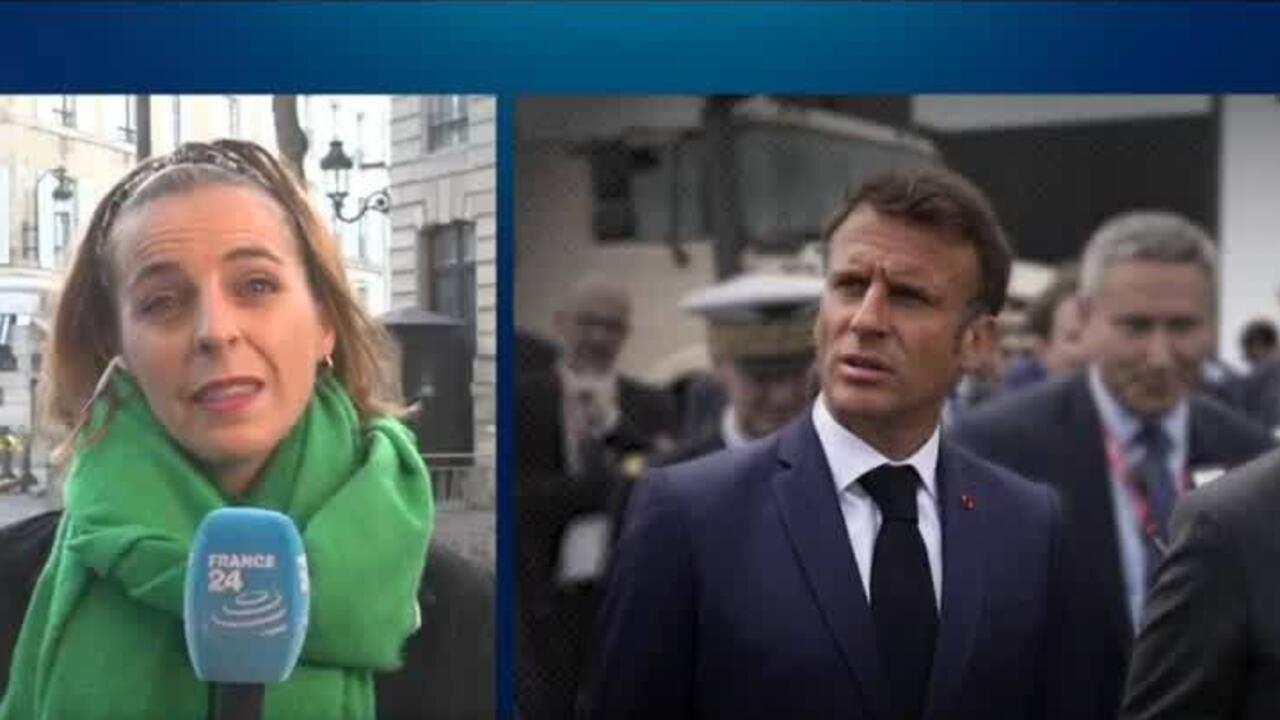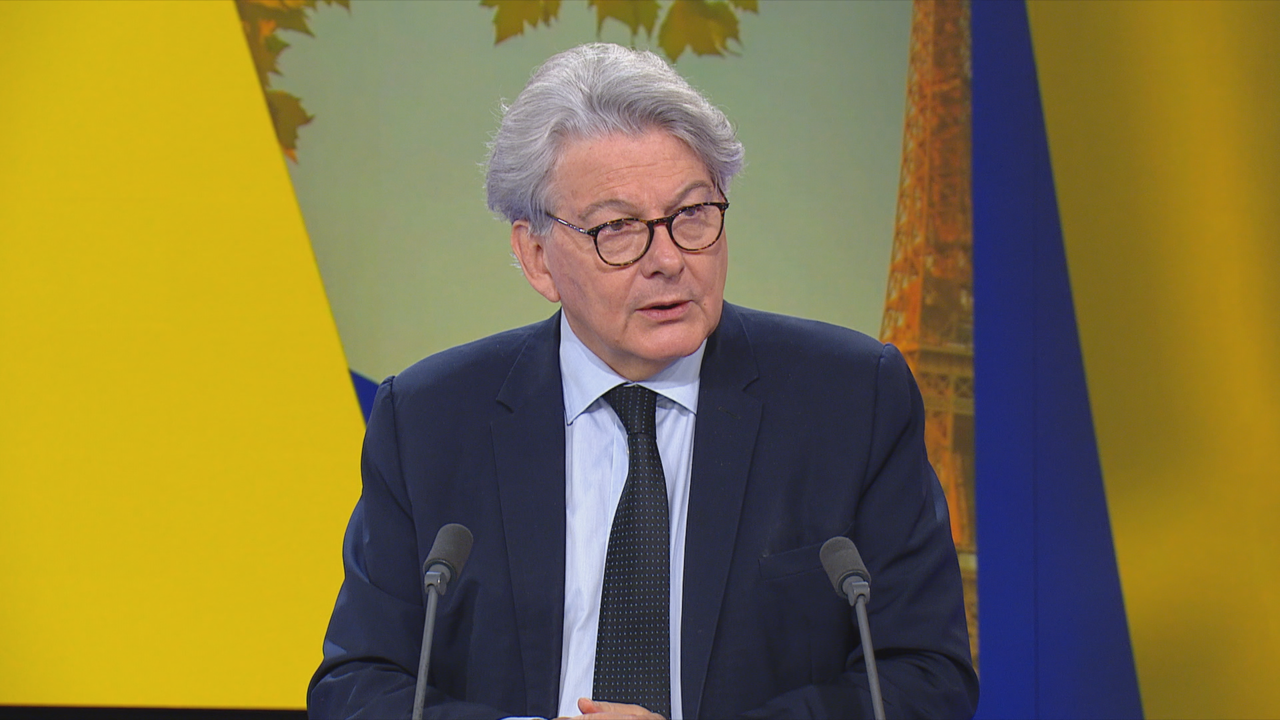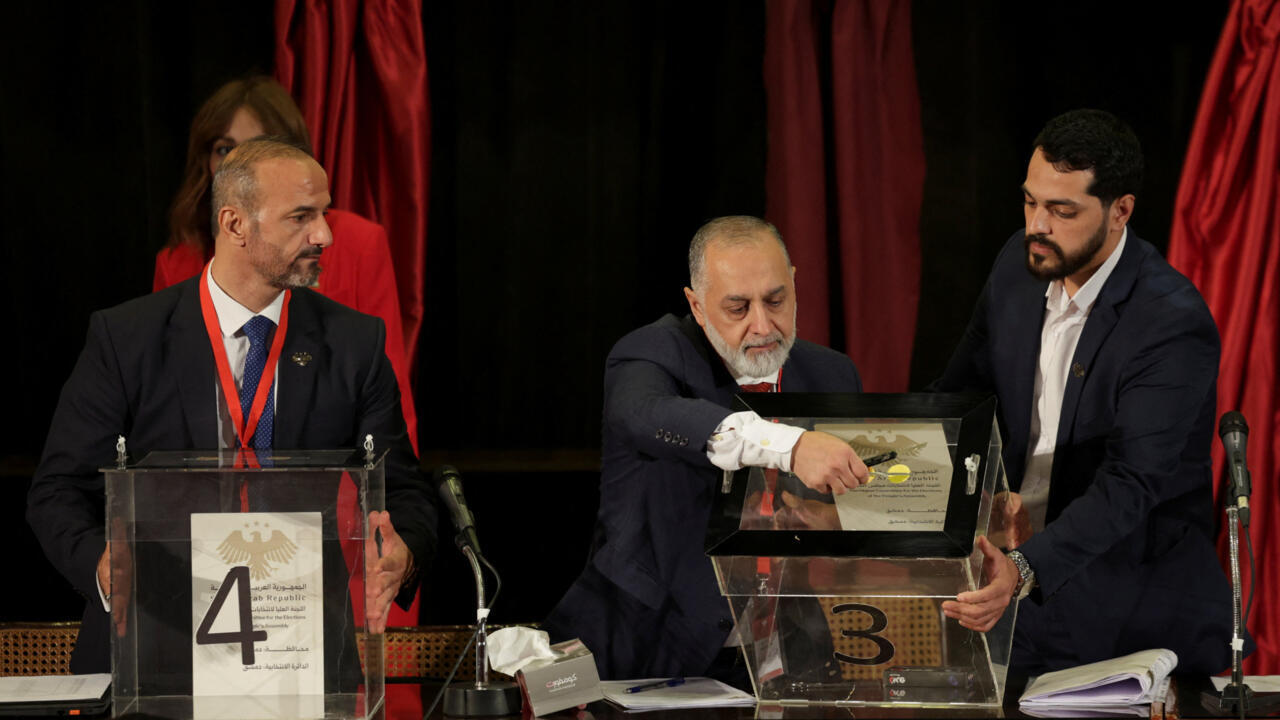French President Emmanuel Macron on Friday re-appointed Sébastien Lecornu as prime minister, just days after his resignation, asking him to try again to form a government to end the country's political deadlock.
Lecornu's immediate task will be to deliver a budget to parliament by the end of Monday.
Read more'I accept out of duty': Macron asks outgoing PM Lecornu to try again to form government
Here is a look at what's at stake:
-
Why Lecornu faces a race against the clock
October 13 is the hard deadline for Lecornu to present a draft budget bill – first to cabinet, and then on the same day to parliament.
French opposition fumes as Macron returns Sébastien Lecornu to PM job
To display this content from YouTube, you must enable advertisement tracking and audience measurement.
One of your browser extensions seems to be blocking the video player from loading. To watch this content, you may need to disable it on this site.

03:29
That means, at a minimum, the ministers responsible for finance, budget, and social security must be appointed by then.
Missing the deadline would leave lawmakers without the 70 days the constitution grants to debate and pass the budget before year-end. The Constitutional Court also requires eight days to review the legislation.
Before he had resigned, Lecornu had already sent a draft to the Haut Conseil des Finances Publiques, France's independent fiscal watchdog, for review as required by law.
-
What's in the draft budget?
Lecornu has not disclosed any details about what is in the draft, but he did say after he resigned that the budget deficit must be reduced to between 4.7% and 5% of economic output next year, a bigger gap than the 4.6% targeted by his predecessor. The deficit is forecast at 5.4% this year.
'Something is wrong with us' in France, ays ex-EU commissioner Thierry Breton
To display this content from YouTube, you must enable advertisement tracking and audience measurement.
One of your browser extensions seems to be blocking the video player from loading. To watch this content, you may need to disable it on this site.

12:19
He has ruled out a 2% tax on wealth over €100 million as demanded by the left, but has promised to raise taxes on the wealthy by reducing room for tax optimisation strategies.
-
What happens in parliament?
If Lecornu is not brought down by a no-confidence vote, his bill will almost certainly be heavily amended in the National Assembly, where no party holds a clear majority.
Before his re-appointment, Lecornu had pledged to not invoke special constitutional powers to bypass parliament and pass the budget, which would have likely triggered a no-confidence vote against him.
Some left-wing lawmakers have feared the new government is banking on parliament failing to pass a budget within the 70-day window – which could allow it to adopt the bill by decree.
-
What happens if Lecornu falls?
If Lecornu is brought down by a no-confidence vote, as some opponents are already promising, parliament would need to pass emergency stopgap legislation to authorise spending, taxation, and borrowing from January 1 until a full budget is adopted.
France resorted to such emergency measures last December after then prime minister Michel Barnier’s government was ousted, invalidating his proposed 2025 budget.
While a stopgap law would avoid a US-style government shutdown, it would impose strict limits on public finances until a new government could pass a full budget next year.
(FRANCE 24 with Reuters)











 English (US) ·
English (US) ·